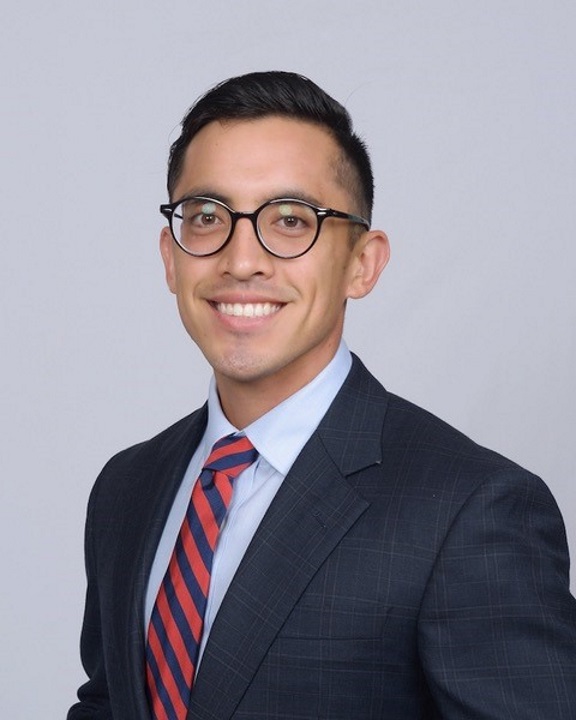
The Care Navigator Scholar program allows a select group of participants to gain invaluable health care exposure, education and career development in several Southern California hospitals. As they learn about health care and develop their career goals and trajectory, the students in the course provide support to health care providers and patients, while reducing health disparities and addressing the social determinants of health. COPE Health Scholars sat down with Andre D. Sisk, a Care Navigator Scholar at Adventist Health Glendale, to learn more about his time in the program and how this experience is helping him achieve his goal of becoming a medical professional.
What influenced you to join the Care Navigator (CN) program?
My interest in the CN program stemmed from my experience with international medicine through Global Medical Brigades. In this program, I developed an understanding of the importance of integrating individualized clinical care with broader, public health measures aimed at improving health outcomes for both the individual and the community. I joined the CN program to have a more active role in the transitionary care from bedside to the outside world. Also, I wanted to better understand the obstacles that a patient faces in improving his or her health after leaving a care setting.
Why are you interested in health care?
Following a football incident in high school that required surgery, I witnessed how the professionals caring for me supported me through one of my most vulnerable moments. Over the years, I have continued to develop an appreciation for those personal relationships that are also so crucial in providing care that is customized to each individual person.
What experience during your CN rotations had the most impact on your learning experience?
A month into the CN program, I called a patient who I will never forget. During our conversation, I learned that she had not scheduled a follow-up appointment with her Primary Care Physician (PCP). When I encouraged her to schedule that appointment, she disclosed that she did not have a PCP due to a lapse in her insurance, and that she was not sure whether or not she would be able to afford to see a PCP anytime soon. As we continued our conversation, she mentioned that she had developed pain recently, yet she was unsure of which medication she was supposed to take. When I asked her if she had the discharge papers with instructions on next steps and recommendations for PCPs she confirmed that those were lost. I placed her on brief hold so that I could speak with my supervisor about how best to proceed. I obtained a list of free clinics that were located in her area. I also noted that I would escalate her concerns to the discharging unit, pharmacist, and case management team so that we could work together towards continuing to improve her health. That conversation appeared to alleviate much of the anxiety that she held about whether she would be able to continue receiving the necessary care. While there was still much to be done, I feel as though she understood how concerned our organization was in regards to her health.
How has this experience changed your perspective on providing quality health care and greater patient satisfaction for the future?
This experience broadened my awareness of the hurdles that patients continue to face following their time in a clinical setting, especially patients with complex needs. That conversation, and the other conversations I have had with patients and their family members, has illustrated the importance of a holistic care model that addresses both the clinical and social details of caring for a person.
What are your goals for a career in health care?
My goals are to incorporate the interpersonal relationships that initially drew me to health care into the broader, public health perspective that I have been fortunate enough to experience over the years. I look forward to exploring how I can integrate treating symptomologies as a clinician by participating in outreach programs that address the health concerns of the community. Specifically, I am interested in exploring how I can bridge my exposure to preventive health education in international clinics in Central Mexico with the experience I have had as a high school teacher in Las Vegas. My community outreach goal is to implement public health initiatives aimed at improving health literacy and accessibility for adolescents and families who otherwise would not have access to resources.